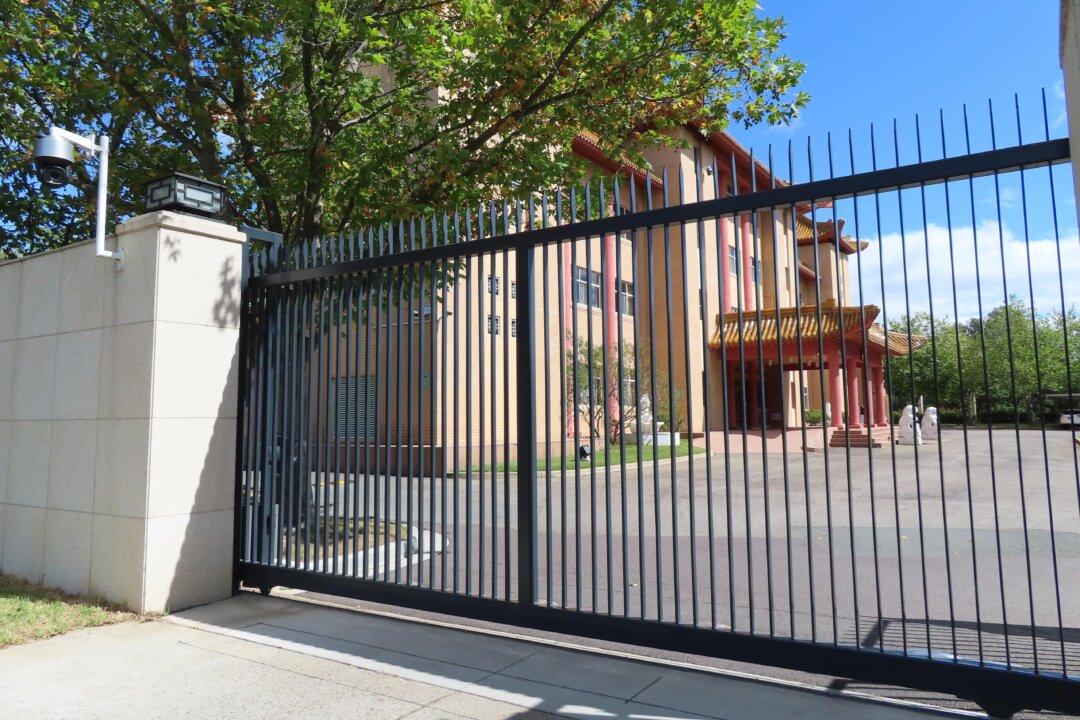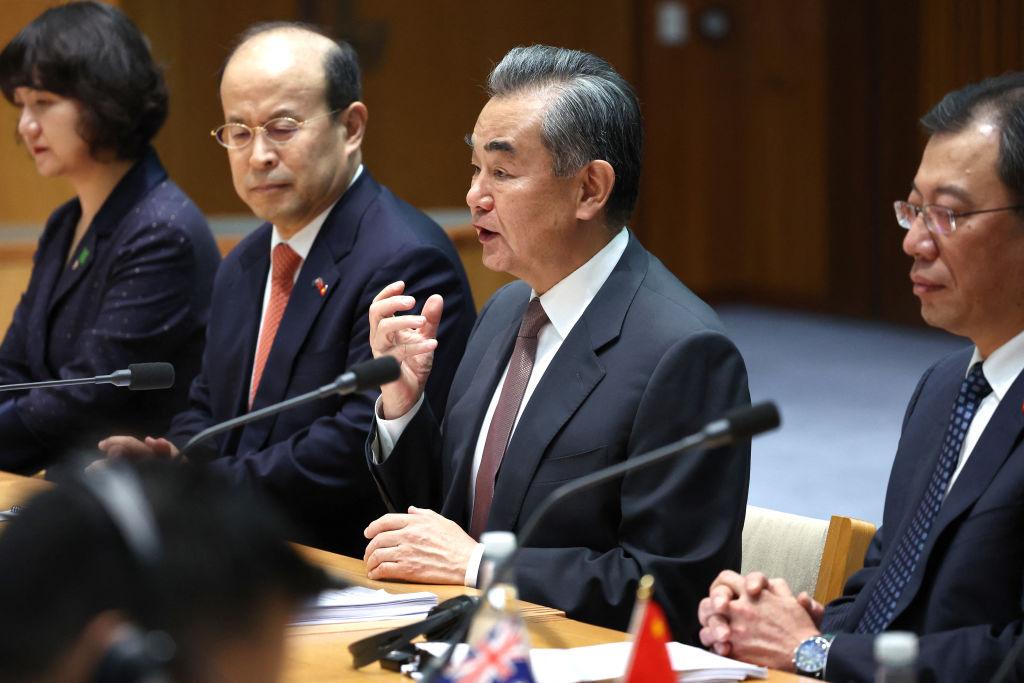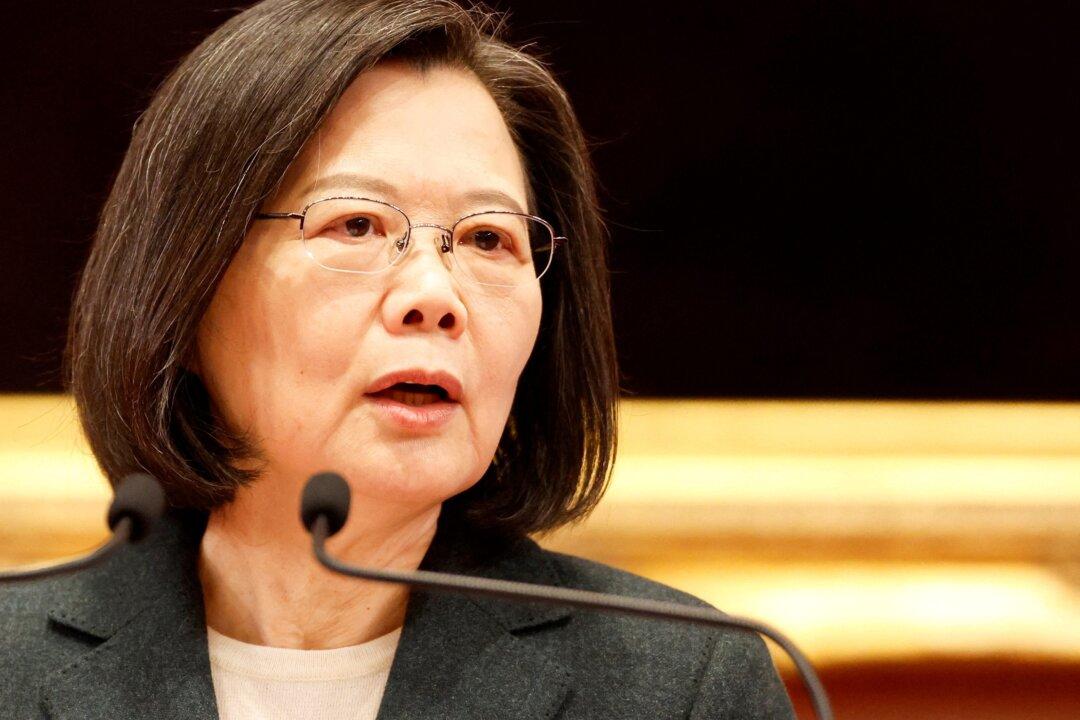Commentary
Australia’s policy on China is one that cannot speak its name. Decisions driven by an underlying policy are announced, but that underlying policy is unspoken and even denied. Two examples are the 5G decision that banned Huawei and ZTE, and the Manus Island naval base joint initiative with PNG and the U.S. Each one hinged on Chinese state actions and policy, and, in each case, ministers avoided saying the C word.



